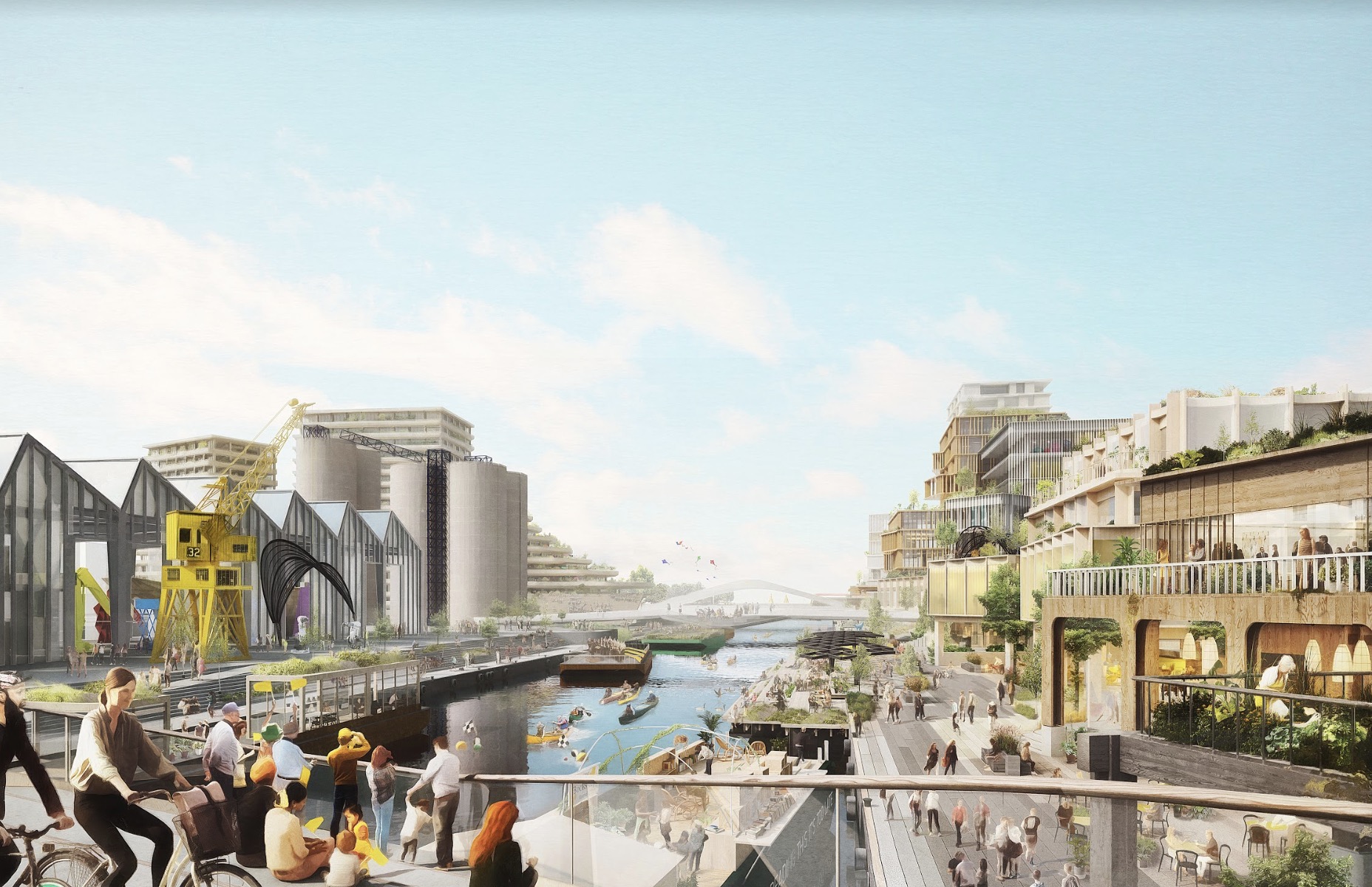Sidewalk Labs, the smart city technology firm owned by Google’s parent company Alphabet, released a plan this week to redevelop a piece of Toronto’s eastern waterfront into its vision of an urban utopia — a ‘mini’ metropolis tucked inside a digital infrastructure burrito and bursting with gee-whiz tech-ery.
A place where high-tech jobs and affordable housing live in harmony, streets are built for people, not just cars, all the buildings are sustainable and efficient, public spaces are dotted with internet-connected sensors and an outdoor comfort system with giant “raincoats” designed to keep residents warm and dry even in winter. The innovation even extends underground, where freight delivery system ferries packages without the need of street-clogging trucks.
But this plan is more than a testbed for tech. It’s a living lab (or petri dish, depending on your view), where tolerance for data collection and expectations for privacy are being shaped, public due process and corporate reach is being tested, and what makes a city equitable and accessible for all is being defined.
It’s also more ambitious and wider in scope than its original proposal.
“In many ways, it was like a 50-sided Rubik’s cube when you’re looking at initiatives across mobility, sustainability, the public realm, buildings and housing and digital governance,” Sidewalk Labs CEO Dan Doctoroff said Monday describing the effort to put together the master plan called Toronto Tomorrow: A New Approach for Inclusive Growth.
Even the harshest critics of the Sidewalk Labs plan might agree with Doctoroff’s Rubik cube analogy. It’s a complex plan with big promises and high stakes. And despite the 1,500-plus page tome presenting the idea, it’s still opaque.
Read Full Article

No comments:
Post a Comment